|
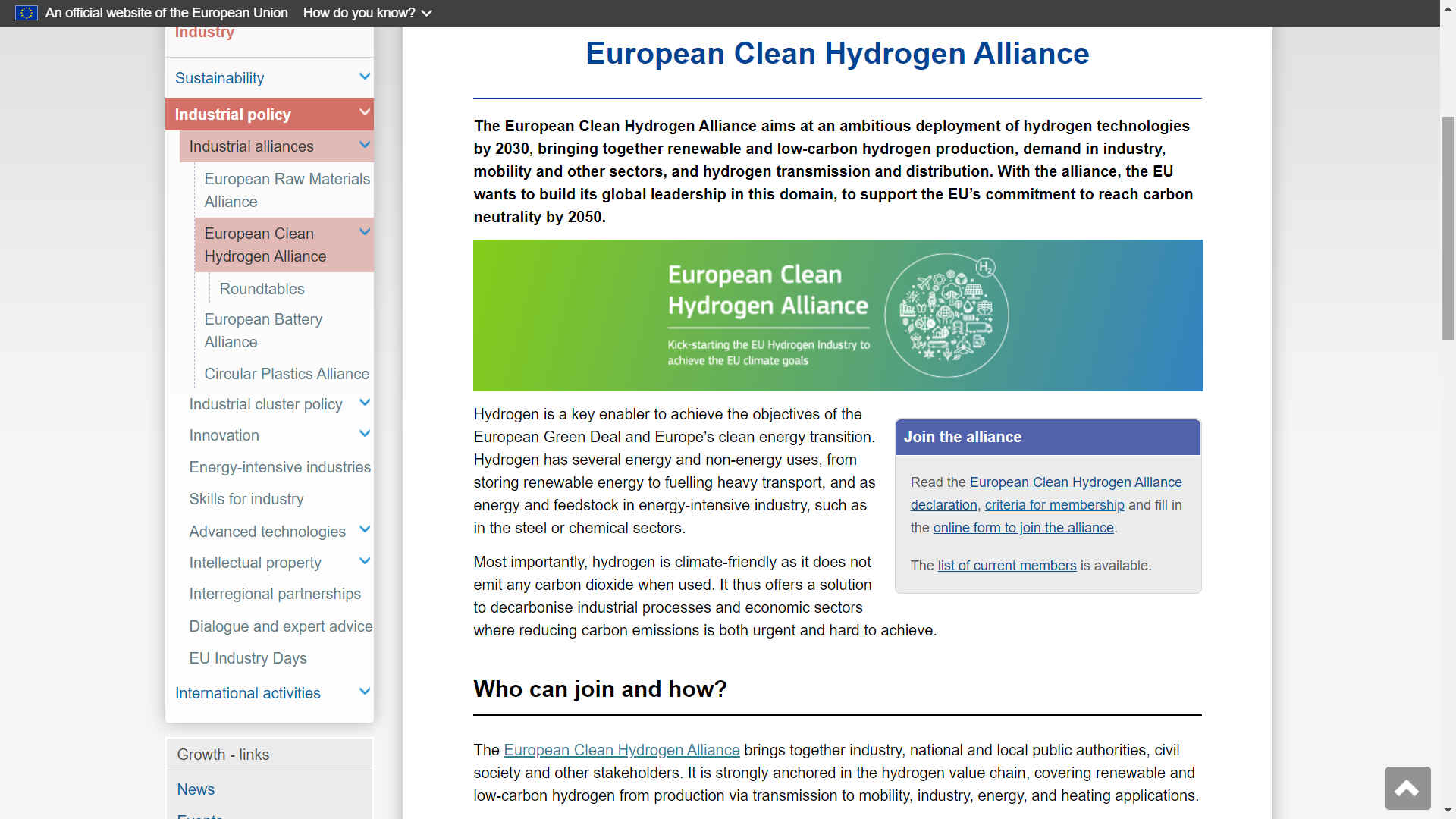
The 'European Alliance' is not strictly speaking European, where a number of
countries in Europe are included outside of the Union, but one excluded. What they really mean is
the 'European Union Alliance' and selected (preferred) potential EU candidates, excluding others in Europe
who do not cotton to all of the EU rules and regulations, or have upset
those in power within the EU. Hence, are to made an example of, to warn off
any other countries from exiting the fold. Though we appreciate that the UK making
such a move may have been upsetting to the EU leaders, the quality of
society in based upon understanding, compromise and cooperation.
Just
as we thought the remnants of both World Wars had been firmly put to bed with
the United Nations' COP 21 Paris
Agreement and Sustainability
Development Goals (SDGs): 7 (affordable
clean energy), 10 (reduced
inequalities), 11 (sustainable
cities & communities), 13 (climate
action), 17 (partnerships
for the goals), the policy makers in the European Union (EU) appear to have initiated
a new period of Cold War, stemming from the ashes of Brexit
perhaps, with the deliberate exclusion from the so-called 'European' Clean
Hydrogen Alliance (ECHA) of former EU member, the United Kingdom. The
name of this Alliance is not accurate and may need to be changed in our view
after review as to legality in the sense of being accurate, trade
descriptions wise, to avoid any potential disadvantaging and commercial inequality, where
discrimination is of course unlawful under EU law, via the European
Convention on Human Rights, and Universal
Declaration. We would argue that this Alliance, given its political
nature, must comply with HR law - and seek to promote the SDGs free of discrimination. Hence, the administrators may want to think about a name
change to reflect the intentional (and it is alleged, calculated) exclusion
of the UK to cause harm, and yet still claim to be 'European.' That said, this may be an
administrative (compliance) error that we will be seeking clarification on
at a high level. If
the UK is to be excluded, the name should be: "European Union Clean Hydrogen
Alliance," or "EU Clean Hydrogen Alliance." Otherwise, the UK
may be thought not to be part of Europe
geographically, which of course it is. What do you think? Once
that little detail is clarified, the objectives of this new Alliance, are
laudable. With the UK pursuing near identical objectives, but not limiting
itself to pushing for supremacy and dominance, but rather seeking to
collaborate with all countries regardless of political beliefs and
aspirations.
EU PROPOSAL TO SET UP A CLEAN HYDROGEN PARTNERSHIP FOR EUROPE
The European Commission presented on 23 February 2021 its proposal to set-up 10 new European Partnerships and invest nearly €10 billion for the green and digital transition.
Among these, the Clean Hydrogen Partnership will be building on the work of the
Fuel Cells and Hydrogen Joint
Undertaking, to accelerate the development and deployment of a European value chain for clean hydrogen technologies. It will focus on producing, distributing and storing clean hydrogen and, on supplying sectors that are hard to decarbonise, such as heavy industries and
heavy-duty transport applications.
Together with the Hydrogen Alliance, the partnership will contribute to the achievement of the Union’s objectives put forward in the Green Deal and, more specifically, in the EU hydrogen strategy for a climate-neutral Europe.
[One can see the disparity in excluding a European country like the UK,
where it will not be possible to achieve a climate neutral Europe without
the UK contributing a clean England, Scotland and Northern Ireland. It will
only be a mostly clean Europe]
“We welcome the proposal of the European Commission to set up the Clean Hydrogen Partnership. This initiative is a clear evidence of the success of the
FCH
JU, which managed to put Europe in a leadership position in FCH technologies such as electrolysis and supported the development of integrated
hydrogen ecosystems (“hydrogen valleys”) in various European regions. We will continue to work
relentlessly to develop and promote hydrogen technologies in Europe, realising their full potential in achieving carbon-clean energy systems and ultimately a climate-neutral Europe. We are happy to be shaping together with the other partnerships the future of a green and competitive European economy”, said
Bart
Biebuyck, FCH JU Executive Director.
[The same applies to Mr Biebuyck's statement. What he
means is EU economy, and if that is to be Circular and Sustainable, the EU
must cooperate with the rest of the world, as far as is possible, and at
least nearby geographical entities, and those supplying raw materials and
lower cost engineering to EU OEMs]
Since its setup in 2008, the FCH JU has funded 285 research and demonstration projects, with an overall budget of over
€1 billion Euros.
The Commission’s proposal for a Regulation, the Single Basic Act, will be adopted by the Council of the
European
Union, following consultation with the European Parliament and the Economic and Social Committee.
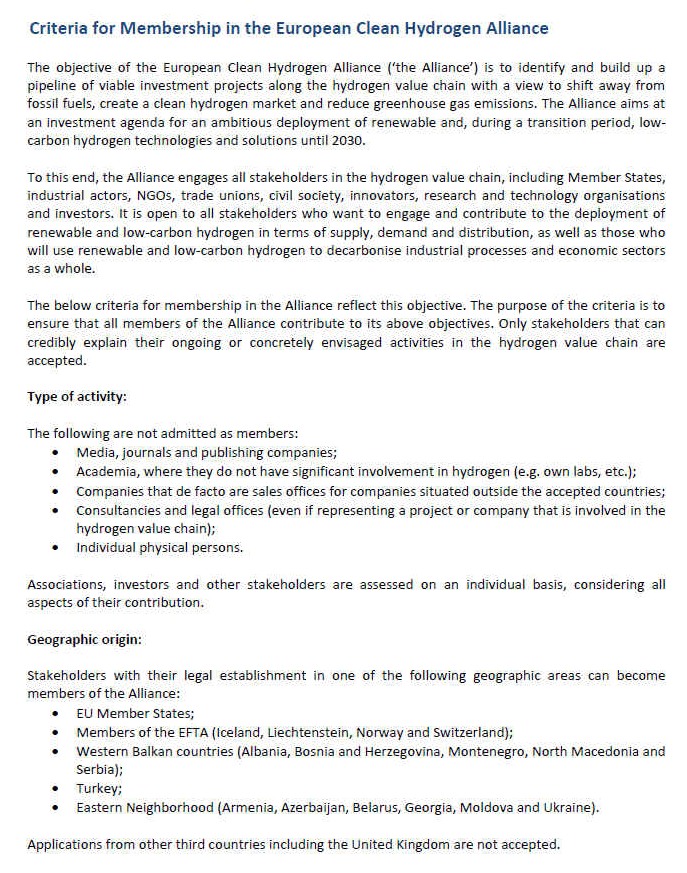
EU
MEMBERS: Albania, Austria, Belgium, Bulgaria, Croatia, Republic of Cyprus, Czech Republic
(Czechia), Denmark, Estonia, Finland, France, Germany, Greece, Hungary, Ireland, Italy, Latvia, Lithuania, Luxembourg, Malta, Netherlands, Poland, Portugal, Romania, Slovakia, Slovenia, Spain, Sweden.
OTHERS
ALLOWED: Armenia, Azerbaijan, Belarus, Bosnia and Herzegovina, Georgia,
Iceland, Liechtenstein, Moldova, Montenegro, North Macedonia, Norway,
Switzerland, Serbia, Turkey,
Ukraine.
EXCLUDED:
United Kingdom
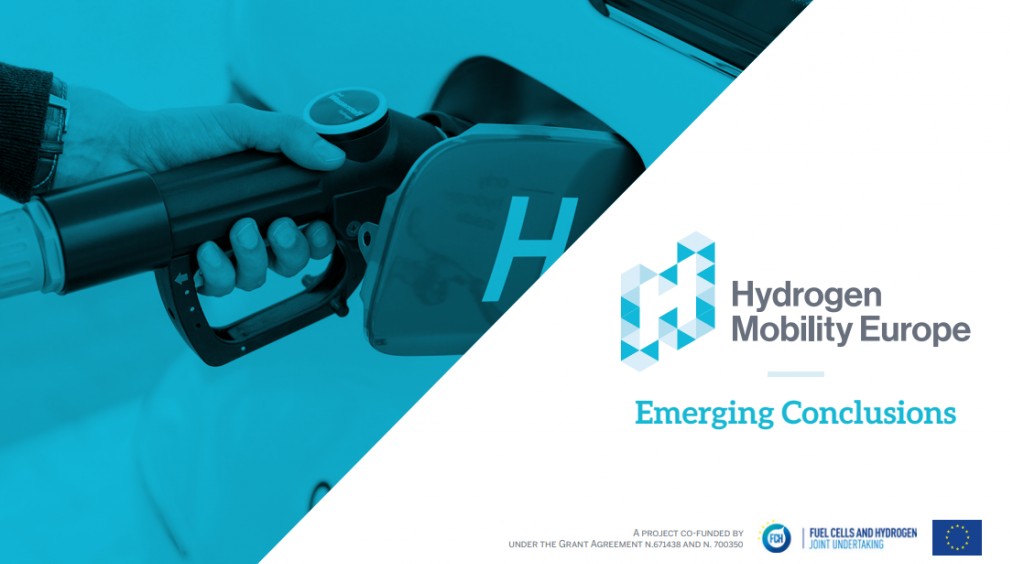
PUBLISHED
- CRITERIA FOR MEMBERSHIP IN THE EUROPEAN CLEAN H2 ALLIANCE
The objective of the European Clean Hydrogen Alliance (‘the Alliance’) is to identify and build up a pipeline of viable investment projects along the hydrogen value chain with a view to shift away from
fossil fuels, create a clean hydrogen market and reduce
greenhouse gas emissions. The Alliance aims at an investment agenda for an ambitious deployment of renewable and, during a transition period, low-carbon hydrogen technologies and solutions until 2030. To this end, the Alliance engages all stakeholders in the hydrogen value chain, including Member States, industrial actors, NGOs, trade unions, civil society, innovators, research and technology organisations and investors. It is open to all stakeholders who want to engage and contribute to the deployment of renewable and low-carbon hydrogen in terms of supply, demand and distribution, as well as those who will use
renewable and low-carbon hydrogen to decarbonise industrial processes and economic sectors as a whole. The below criteria for membership in the Alliance reflect this objective. The purpose of the criteria is to ensure that all members of the Alliance contribute to its above objectives. Only stakeholders that can credibly explain their ongoing or concretely envisaged activities in the hydrogen value chain are accepted. Type of activity: The following are not admitted as members: Media, journals and publishing companies;
Academia, where they do not have significant involvement in hydrogen (e.g. own labs, etc.);
Companies that de facto are sales offices for companies situated outside the accepted countries;
Consultancies and legal offices (even if representing a project or company that is involved in the hydrogen value chain);
Individual physical persons. Associations, investors and other stakeholders are assessed on an individual basis, considering all aspects of their contribution. Geographic origin:
Stakeholders with their legal establishment in one of the following geographic areas can become members of the Alliance: EU Member States;
Members of the EFTA (Iceland, Liechtenstein, Norway and
Switzerland);
Western Balkan countries (Albania, Bosnia and Herzegovina, Montenegro, North Macedonia and Serbia);
Turkey;
Eastern Neighborhood (Armenia, Azerbaijan, Belarus, Georgia, Moldova and
Ukraine). Applications from other third countries including the
United Kingdom are not accepted.
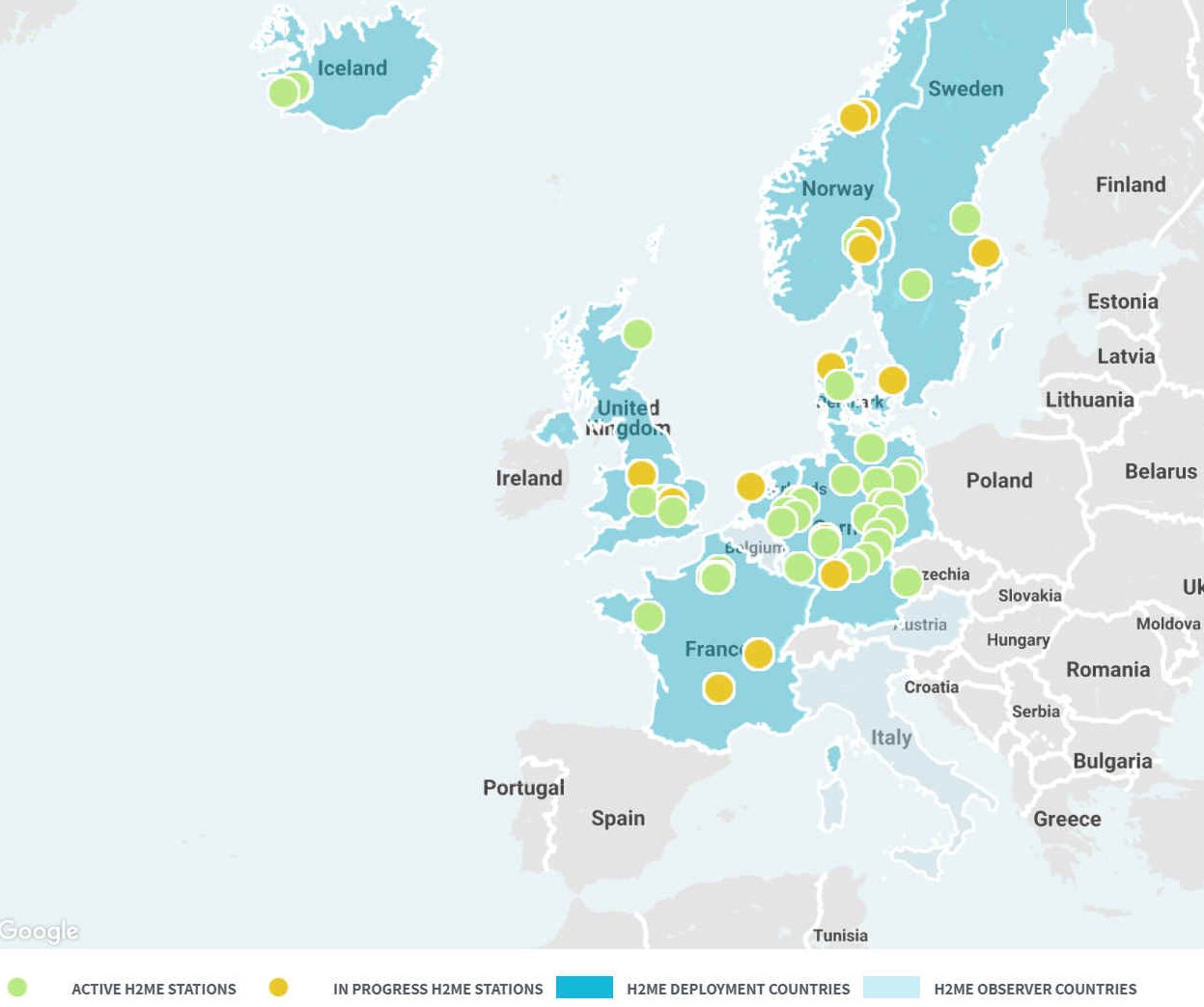
HYDROGEN MOBILITY EUROPE (H2ME) PHASE 1 - EMERGING CONCLUSIONS
14 JAN 2021
The H2ME initiative is a flagship European project, deploying hundreds of fuel cell hydrogen cars, vans and trucks and the associated refuelling infrastructure, across 8 countries in Europe.
It will create the first truly pan-European network, and the world’s largest network of hydrogen refuelling stations.
Rather strangely, although the United Kingdom is included in the H2ME
project, the country is specifically excluded from the European Clean
Hydrogen Alliance, following Brexit. It's almost as though the wartime
enemies, France and Germany, have clubbed together in some kind of hydrogen
cold war, contrary to the express provisions of the Paris Agreement and
United Nations SDGs. As you can see from the map, Germany is leading the
charge in hydrogen service stations.
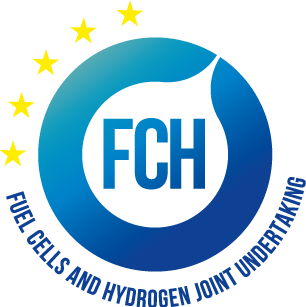
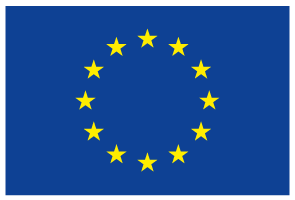 LINKS
& REFERENCE - Please note that links change with time & may not
still be live https://h2me.eu/
https://h2me.eu/publications/emerging-conclusions-2021-h2me-phase-1/
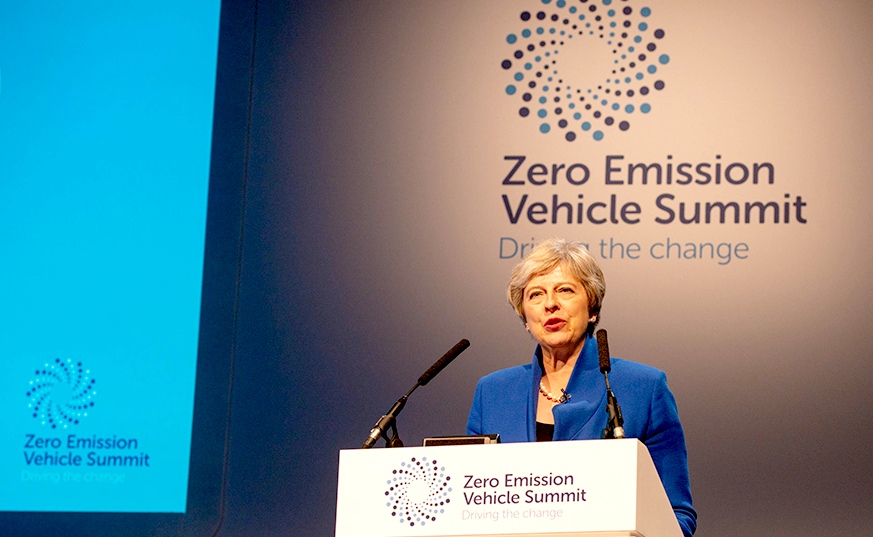
In
2018 Theresa
May kicked the ball into touch with her plan for a cleaner Britain
and sustainable motoring, without giving details, so attracting some
criticism. Since then, from 2030 the Conservative government has banned the
sale of diesel and petrol cars from 2030, with a requirement for zero
emission vehicles by 2035. The UK was the first country in the
world to pass laws, setting binding targets seeking to limit climate change.
Boris
Johnson, upped the game plan with targets for electrification aimed at
2035, seeking to assist other European countries meet their obligations un
the Paris
Agreement. Ironic therefore, that the EU would seek to alienate the UK
in hydrogen terms.
Please
use our A-Z
INDEX to navigate this site
This
website is provided on a free basis as a public information service.
copyright © Climate Change Trust 2021. Solar
Studios, BN271RF, United Kingdom.
|






